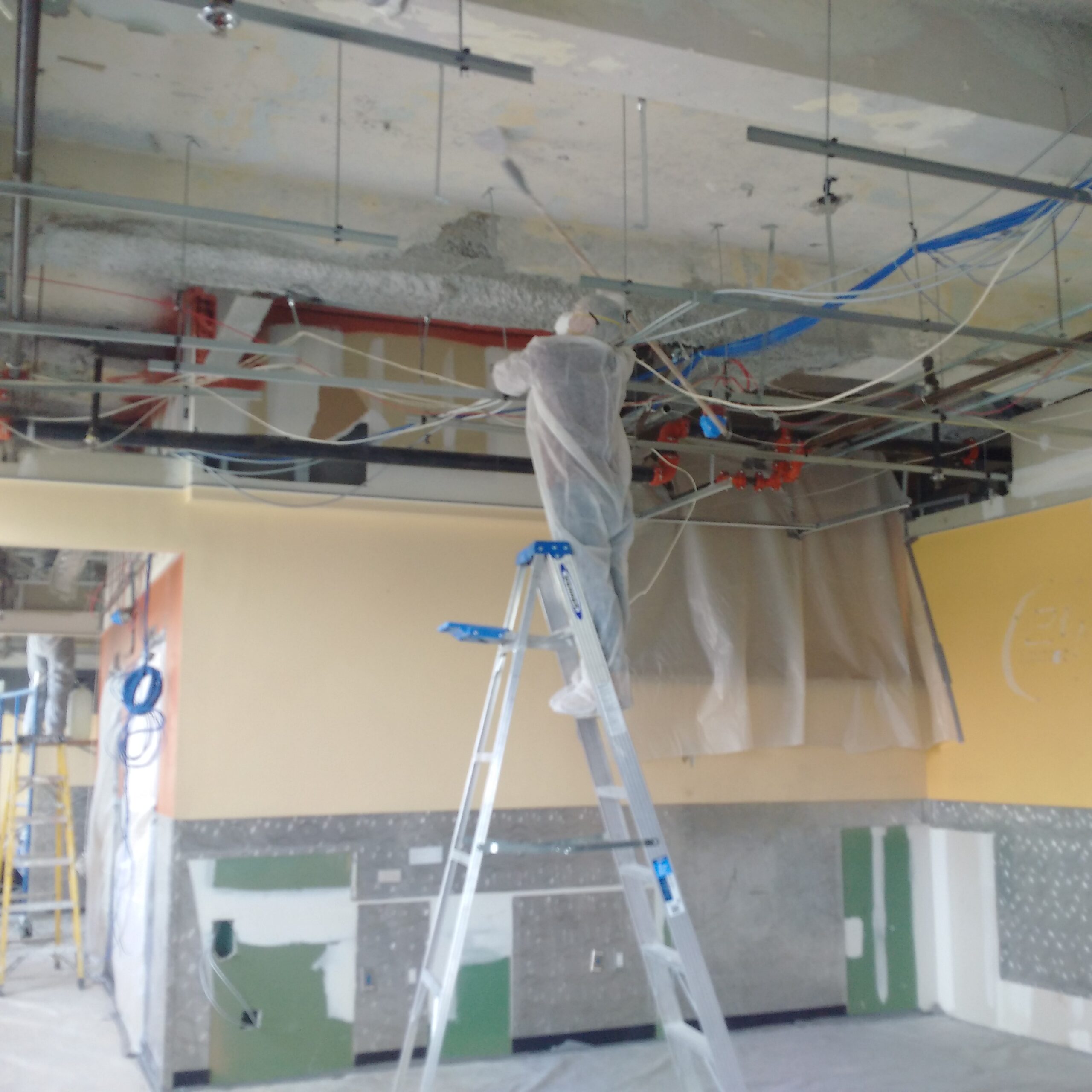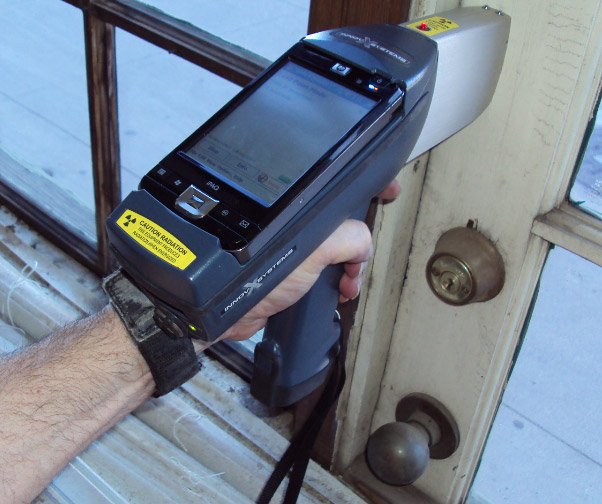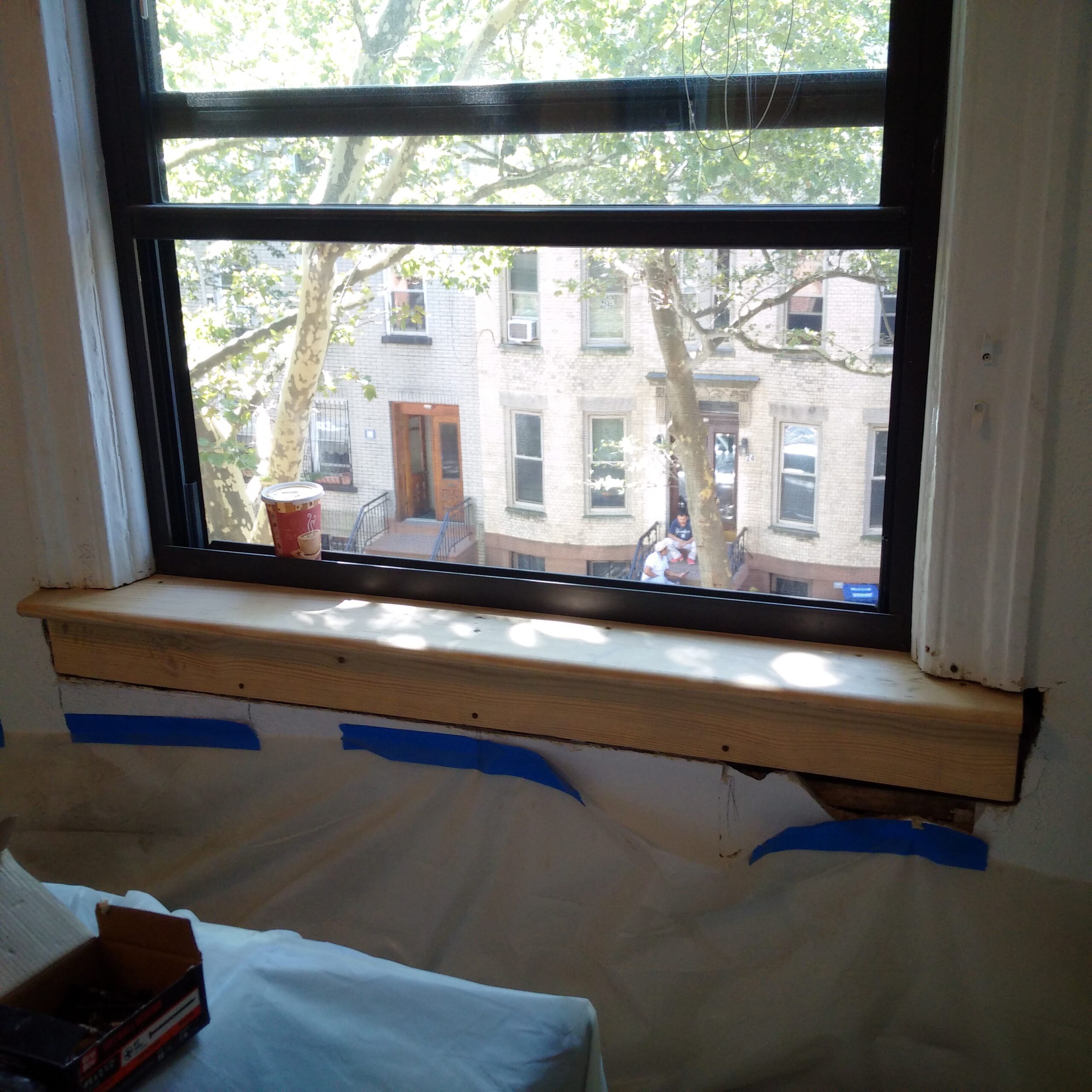NYC Lead Paint Removal Company-- Making Sure Safe and Lawful Compliance
NYC Lead Paint Removal Company-- Making Sure Safe and Lawful Compliance
Blog Article
Comprehensive Overview on Effective Lead Violation Removal Methods
In the world of ecological safety and security, addressing lead infractions requires a thorough and structured strategy. This thorough overview begins by highlighting the critical initial actions of determining lead risks with sophisticated analysis and testing techniques. Methods such as XRF evaluation and dirt wipe sampling are vital in pinpointing contamination sources. Additionally, the guide specifies on the importance of sticking to strict safety procedures during the elimination procedure, including making use of proper PPE and isolating influenced areas (Lead Paint Removal Company). The succeeding sections assure to discuss post-removal verification and preventative approaches, ensuring lasting safety and compliance. Discover the complex details that make these methods not just efficient but important.
Identifying Lead Dangers
Identifying lead dangers is a crucial very first step in alleviating the risks associated with lead exposure. Lead, a poisonous steel, can be present in numerous environmental tools, consisting of paint, soil, water, and dirt. It postures serious health and wellness risks, specifically to children and pregnant ladies, bring about neurological damage and developing hold-ups. For that reason, specific identification of prospective lead resources is vital for reliable removal.
The first stage in identifying lead risks involves recognizing usual lead sources within the developed setting. Structures built before 1978 are particularly susceptible as a result of the common usage of lead-based paint throughout that duration. In addition, dirt contamination can happen from wearing away outside paint, industrial exhausts, or historic use leaded fuel.
One more significant resource is lead piping and pipes components, which can leach introduce drinking water. Durable goods such as playthings, ceramics, and imported items may likewise have damaging lead degrees. Notably, job-related atmospheres and leisure activities including lead can track contaminants right into homes.
Assessment and Screening
When attending to lead risks, efficient analysis and screening are critical. This essential action ensures the identification and quantification of lead visibility, consequently directing subsequent removal initiatives. First analysis generally includes an aesthetic inspection to recognize prospective lead resources, such as weakening paint or infected dirt. This is matched by more rigorous screening methods to ascertain the degree of contamination.

Dust clean tasting is one more essential technique, specifically in domestic settings. By collecting examples from floorings, windowsills, and various other surfaces, this technique gives understandings into potential exposure threats. Moreover, soil screening around structure borders is necessary to find lead contamination that could position risks, especially to kids.
Safe Removal Procedures
Upon completing thorough assessment and testing, applying secure removal treatments is the next Lead Violation Removal in NYC important stage in dealing with lead risks. This process ensures that lead-contaminated products are effectively and securely gotten rid of, reducing risk to both employees and residents. The very first step includes isolating the affected area utilizing plastic sheet and appropriate securing strategies to stop the spread of lead dirt.
Employees should wear appropriate individual safety tools (PPE), consisting of respirators, gloves, and non reusable coveralls, to alleviate direct exposure. Using specialized devices and wet approaches, such as damp sanding or making use of HEPA-filtered vacuum cleaners, reduces the diffusion of lead particles. It is critical to avoid dry fining sand or unpleasant blasting, as these methods can generate harmful lead dirt.
Garbage disposal is another essential element; all infected products must be safely bagged and labeled according to EPA and regional laws. In addition, thorough cleaning of the workplace with HEPA vacuums and damp cleaning makes sure the elimination of recurring lead particles.
Post-Removal Confirmation

Verification of effective lead removal, known as post-removal confirmation, is essential to guarantee the safety and security and habitability of the remediated area. This assessment guarantees that all well-known resources of lead have been resolved and that no noticeable indications of contamination stay.
Following the aesthetic examination, ecological sampling is carried out. This involves gathering dust, dirt, and in some cases water examples from the remediated area. Certified laboratories evaluate these examples to measure lead levels, ensuring they fall below the safety and security limits established by regulatory bodies such as the Epa (EPA)
Additionally, air quality screening might be done to detect air-borne lead particles, specifically in situations where comprehensive lead-based paint removal or improvement has occurred. The results of these examinations give measurable data confirming that the lead levels are within acceptable restrictions.
Ultimately, post-removal confirmation works as a vital checkpoint, verifying the effectiveness of the lead abatement initiatives and safeguarding the health of passengers and site visitors.
Preventative Procedures and Maintenance

A crucial safety net consists of the use of lead-safe certified specialists for any renovation, repair work, or paint activities. These specialists are trained in methods that reduce lead dirt and debris. Additionally, preserving painted surface areas to prevent cracking or peeling off is crucial, as wearing away paint can release lead fragments into the environment.
Educational efforts targeting home owners and tenants regarding the dangers of lead and the importance of reporting any type of possible threats can better enhance preventive initiatives. Regular cleansing using HEPA vacuums and wet mopping techniques can significantly reduce lead dust accumulation.
Conclusion
In recap, reliable lead infraction removal demands a meticulous strategy encompassing extensive assessment, precise screening, and stringent removal procedures. Making certain safety and security with here appropriate seclusion and personal protective equipment stays paramount. Post-removal confirmation by means of environmental tasting and air high quality testing corroborates conformity with established safety and security requirements. Additionally, continuous evaluations and maintenance are important to alleviate future lead hazards, thus protecting public health and making sure sustained compliance with regulatory requirements.
Report this page